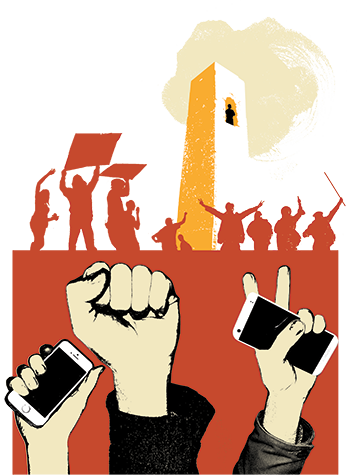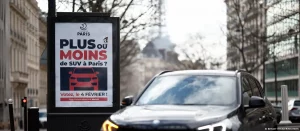The grand illusion of empowerment

Financial times journalist/anthropologist Gillian Tett deconstructs the idea that the internet hands power to the people. In fact, she writes, in most countries power remains firmly in the hands of the elite.
The bitter — and dangerous — irony of our modern age is that although the internet gives people the impression that they can have a voice, in most countries power remains firmly in the hands of the elite. This creates a cocktail of frustration and disappointment: ordinary people have the illusion that they are vocal but they cannot actually use their voice to do anything. Or, to put it another way, although people are learning to use their cell phones to exercise power over some issues (such as shopping), they cannot easily use them to change the really important issues such as politics.
It is little wonder, then, that protest is rising — and that popular trust in established, elite institutions is declining.
She refers to the interesting “Trust Barometer” research by he public relations group Edelman. It “reveals the largest ever trust gap (12 points) between the informed public and mass population, driven by income inequality and divergent expectations of the future. While trust levels among informed publics are the highest ever in 16 years, trust is below 50 percent for the mass population in over sixty percent of the countries surveyed”.
Or in the words of Tett: “The top 15 per cent of global society predictably have faith in the status quo: 60 per cent of that group trust the major institutions to “do the right thingâ€. But among the remaining 85 per cent of society, only 46 per cent trust institutions — and the gap between elite and non-elite views is rising.”



